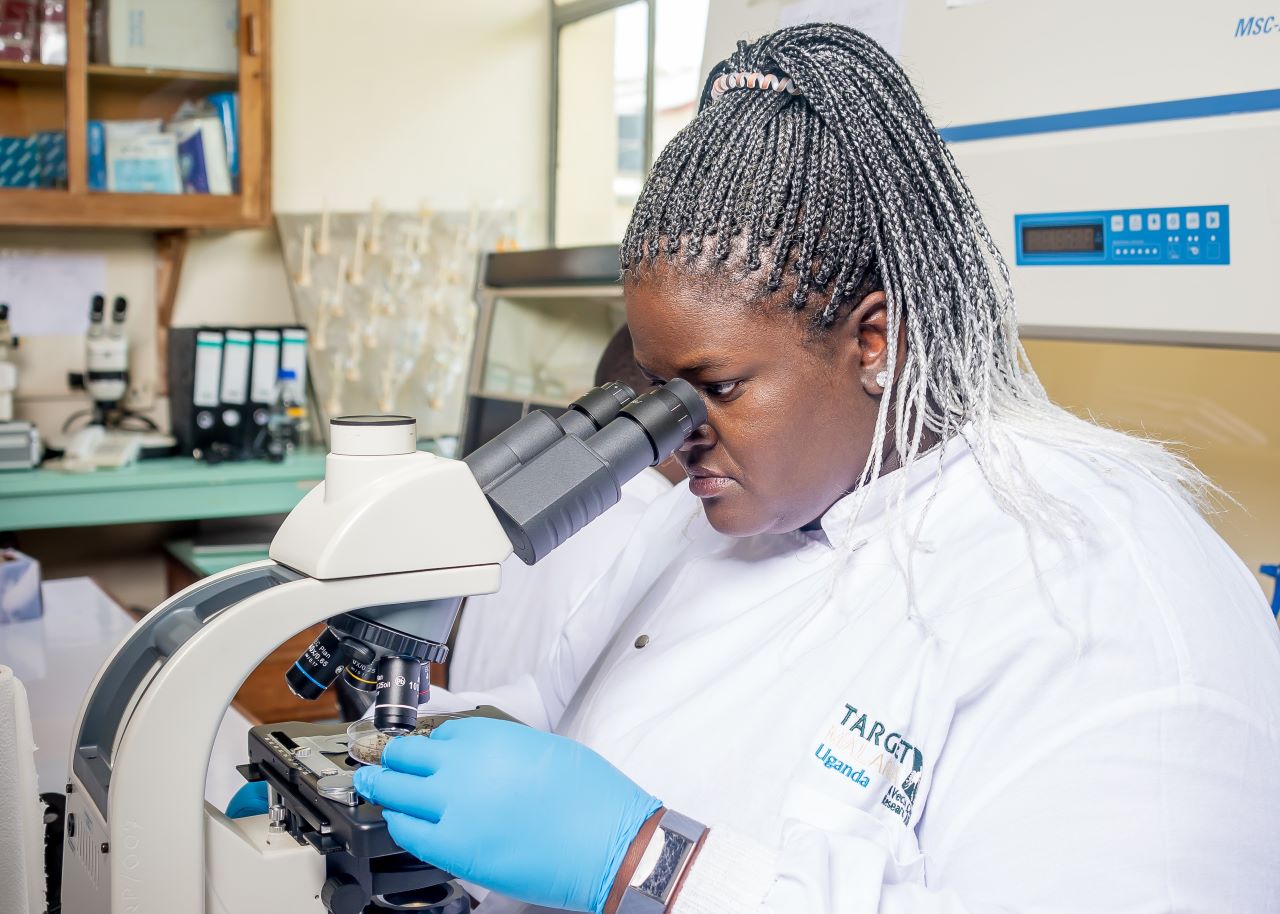In the face of escalating global challenges, including climate change, social inequality, conflicts and health crises, the first session of the UN Summit of the Future aims to outline a path towards a more sustainable and equitable world. The Zero Draft of the UN Pact for the Future, published ahead of the September meeting, lays out a vision and commitments to tackle these issues, with a focus on five key areas: sustainable development and financing for development; international peace and security; science, technology, innovation and digital cooperation; youth; and transforming global governance.

By focusing on critical global issues such as climate change, inequality and biodiversity loss, the Zero Draft of the UN Pact for the Future lays a solid foundation for improving the well-being of present and future generations. The Draft also rightly emphasizes the importance of advancing science, technology, and digital innovation, to help realize the 2030 Agenda for Sustainable Development.
However, the Draft could significantly enhance its scope and impact by more prominently featuring global health. The Pact offers an opportunity to ensure global health stays at the center of international attention and that we remain resolute in our determination to end diseases such as AIDS, tuberculosis and malaria as public health threats. Furthermore, the Draft would benefit from broadening its focus on innovation beyond the domain of digital innovation. By embracing a wider array of innovative solutions, the UN Pact for the Future can offer more holistic and effective approaches to address global challenges.
I grew up in Uganda, where I saw and experienced firsthand the devastating impact of malaria. As an adult living in a country with one of the highest global malaria burdens, I have dedicated my career to finding solutions to fight this deadly disease. Although existing tools have saved an estimated 11.7 million lives over the past decades, progress against the disease has stalled in recent years, with both malaria incidence and mortality higher now than they were before the start of the COVID-19 pandemic. Growing resistance to available interventions, such as drugs and insecticides, are threatening efforts to fight the disease. As climate change progresses, millions are also now facing a higher likelihood of being exposed to malaria. The recent uptick in incidence of other vector-borne diseases — such as dengue — further underscores the urgent need for innovative approaches to address these converging threats.

Krystal Birungi at work at the Uganda Virus Research Institute, Uganda. Photograph: Target Malaria
Fields like synthetic biology offer promising avenues for innovation, with the potential to revolutionize how we combat vector-borne diseases, in a sustainable way. At Target Malaria, where I work, we are looking to complement existing interventions with new tools to control malaria. Our approach focuses on genetically modifying mosquitoes to tackle the disease at the source: we are investigating the use of gene drive approaches to reduce populations of malaria-transmitting mosquitoes — and consequently, reduce malaria transmission, potentially saving millions of lives.
El recent commitment taken by African Ministers of Health in Yaoundé, Cameroon, to end malaria deaths serves as a poignant example for the UN Pact for the Future. The statement — issued by African countries which are the hardest hit by malaria — emphasizes the importance of research and innovation to reach malaria elimination. To achieve its ambitious goals, the UN Pact for the Future must not only ensure that health concerns are more prominently highlighted in its framework, but also acknowledge the historic and potential contributions of science, technology, and innovation to global health. This reflection is essential to address the needs of our time and foster solutions for a healthier, more sustainable future.
